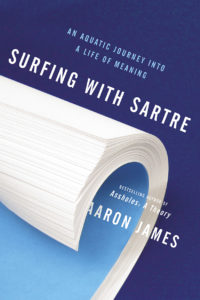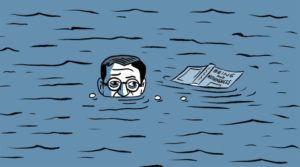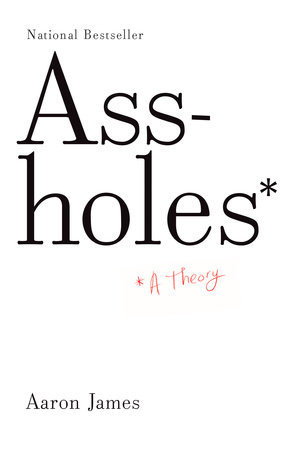This smart review in the New York Times Book Review suggests that my use of Sartre’s play No Exit in the Chapter called “Society” isn’t entirely convincing. That may have been just the obligatory criticism, but, looking back, I think the point could have used more fanfare.
As important as mutual recognition is to us, Sartre thinks we never really achieve it. Surfers certainly understand the problem. In the line up for waves, surfers often find themselves in a struggle to be seen. The fraught arguments about right of way, about who burned or snaked whom, and who is going to get their ass kicked, are really about exacting respect, about being recognized as an equal. Surfers even have a name for what Sartre called The Look: “stink eye,” so to register a complaint, and maybe invite an argument. For surfers, “hell is other people” rings true, even in the most beautiful of surroundings.
But then maybe the waves start pumping after a tide change. And that thing we fought about before, whatever it was, now doesn’t matter so much. It’s all good, when
Read More


